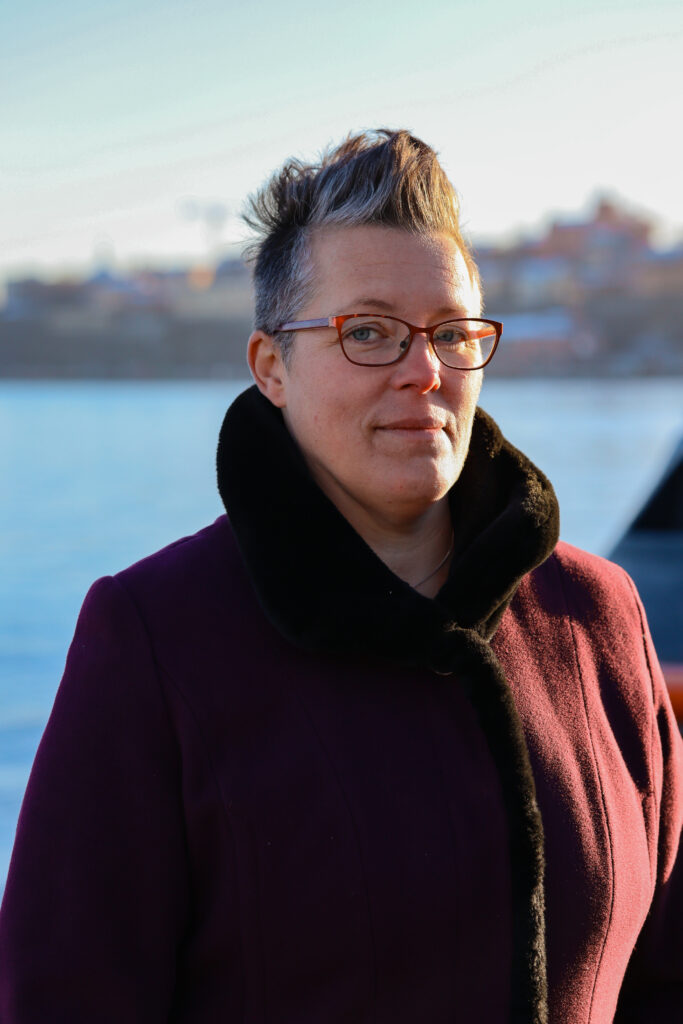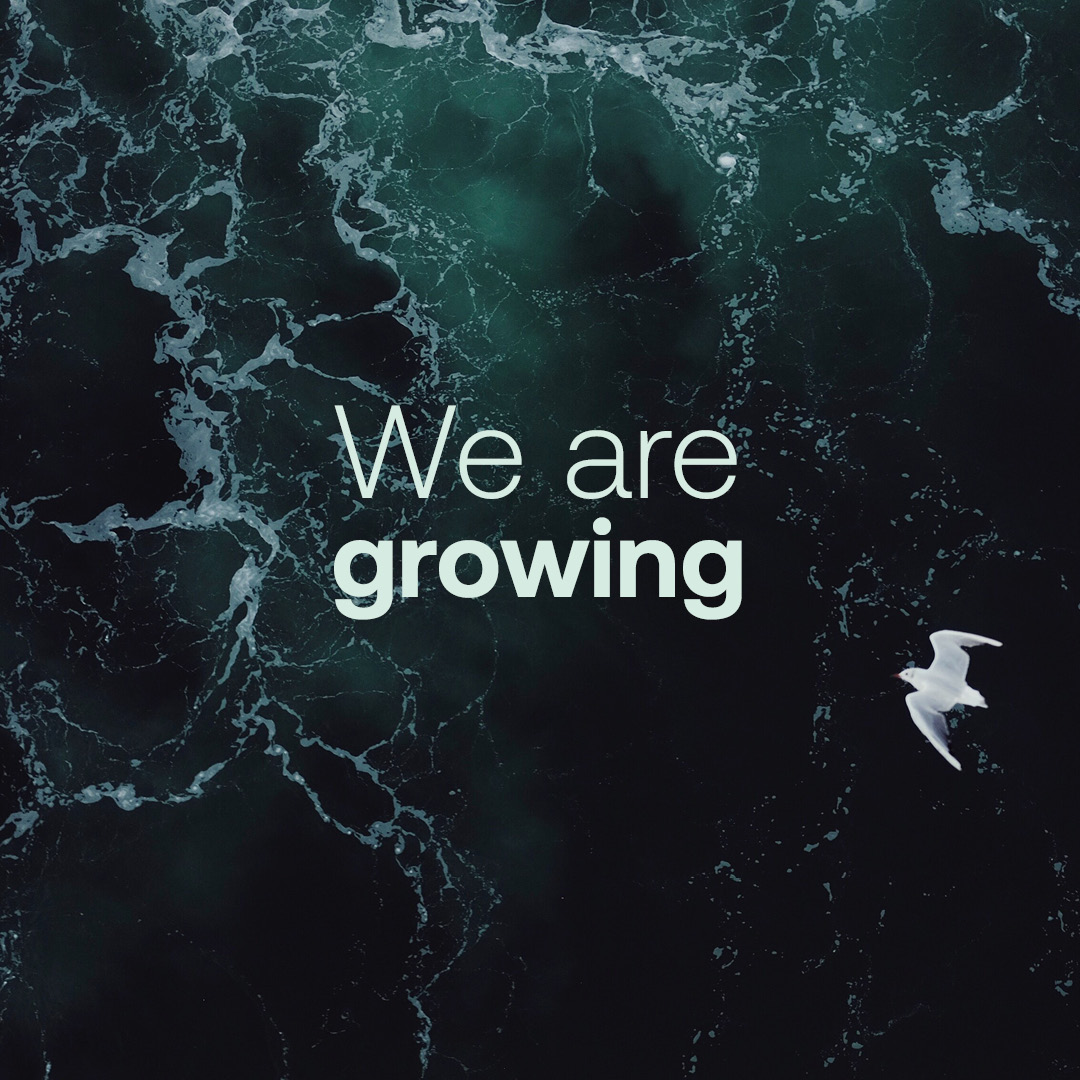After four intense years at the Ar research station, the project ReCod – release of small cod in the Baltic Sea is entering a new and exciting phase. Ellen Schagerström is new to cod reproduction, but her experience of Baltic Sea research goes back a long way. Now she’s swapping breeding sea cucumbers for days at BalticWater’s new fish research laboratory, where she will lead the next stage of ReCod.
Ellen Schagerström has always had a strong interest in the sea, but there is something very special about the Baltic Sea.
– I’m passionate about marine issues in general, but the Baltic Sea is special. The low salinity means that there are relatively few species, which makes it possible to see the whole picture in a way that is difficult in a salty sea, she says and draws a parable.
– It’s like going from a large workplace with many employees to a smaller one where you can recognise everyone and see how all the parts are connected, she explains with a laugh.
And in a way, Ellen is doing just that as she moves from her role as a researcher at the University of Gothenburg, to project manager for the Foundation’s large-scale ReCod project.
During the first year of the project, methods have been developed for keeping cod, hatching cod larvae and releasing them at selected sites in the Baltic Sea. Now Ellen is taking over responsibility for the next exciting phase of the project – in 2025 the project will move into BalticWater’s new fish laboratory, where the next challenge will be to breed cod larvae into small fish for release. The goal is to find the age and size of fish that is best for release.
– It is very exciting to step into this important project. I look forward to making sure that everything goes according to plan and working to get viable cod into the Baltic Sea as a step in strengthening the stocks, says Ellen.

Marine restoration has been at the centre of Ellen’s previous work, including research on sea cucumber farming. But it was the desire to take the implementation a step further that drew Ellen to the new role.
– As a researcher, you contribute small pieces to a larger puzzle. Now, I’m looking forward to working on a broader front – from the work in the lab, to raising awareness among politicians and the public about Baltic Sea issues, so that the right decisions can be made.
We warmly welcome Ellen to the Foundation!
Five quick ones:
Name: Ellen Schagerström
Previous roles: Most recently a researcher at the Department of Biology and Environmental Sciences at the University of Gothenburg, before that a researcher at Stockholm University’s Baltic Sea Centre. Also runs Sweden’s largest seaweed blog, an algae podcast and works as a tour guide.
Favourite species in the Baltic Sea: bladderwrack. For me, it is the signature of the entire Baltic Sea, without it the ecosystem would be completely different.
Favourite fact about the Baltic Sea: That bladderwrack reproduction synchronises with the full moon! Why is still unknown, but we are about to find out.
First thing I will do in my new role: Write the project plan for the next step of ReCod.

Do you recognise Ellen from earlier at BalticWaters?
In 2024, the project Fun Facts – Communicating Science Through Stand-Up Comedy was awarded funding through BalticWater’s Program to fund research projects and pre-studies. With the help of humour coach Ami Hallberg Pauli, Ellen has produced a stand-up performance to explore whether humour can be a tool to communicate knowledge about the Baltic Sea.
Read more about the project here.

